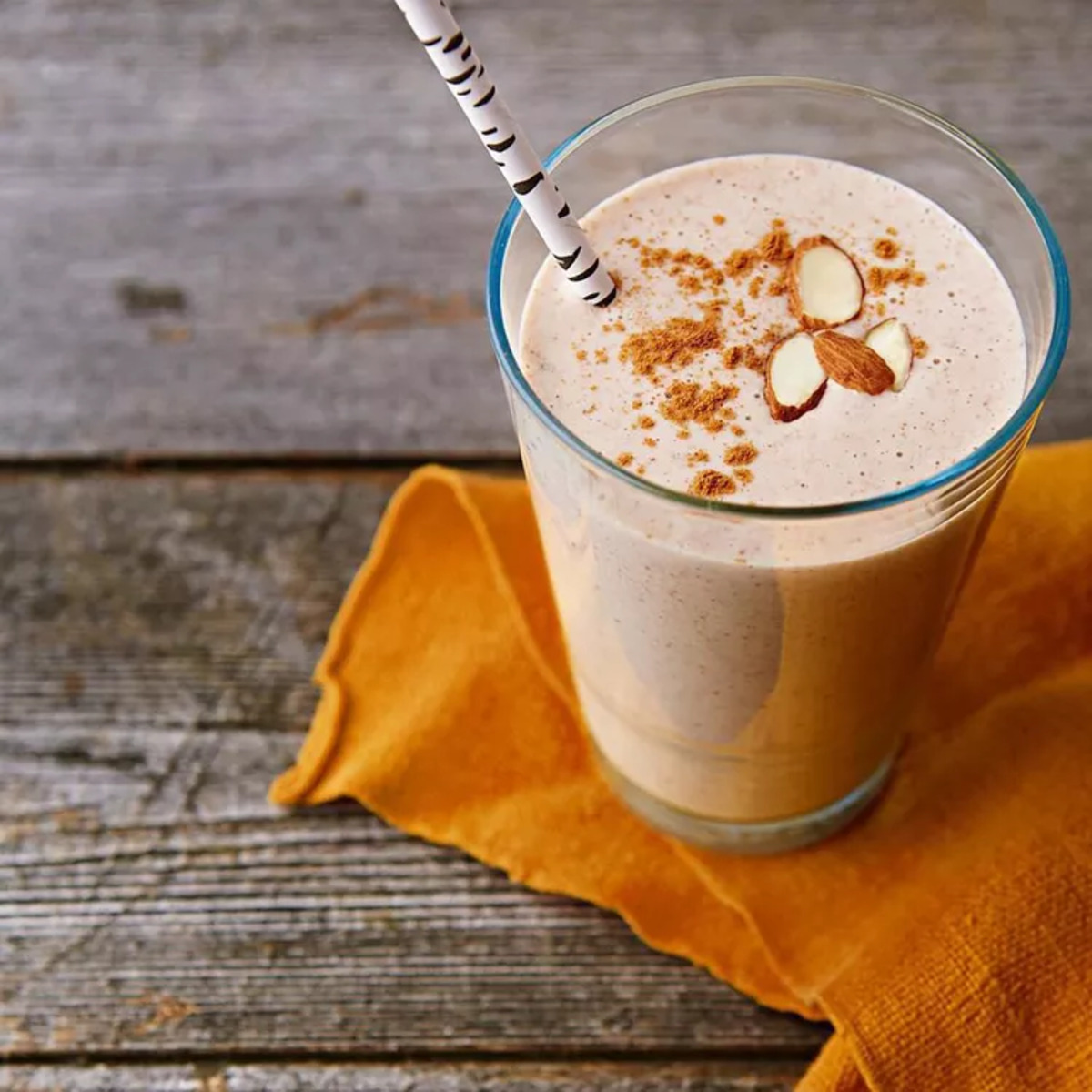Hey everyone, Manu Tournoux here. When I’m not on the field covering the latest soccer match, I’m often thinking about how to stay in peak physical condition. One topic that frequently comes up is the use of protein shakes for weight loss. Are they really as beneficial as everyone makes them out to be? Let’s dive into what the experts have to say about this popular trend.
The Role of Protein in Weight Management
Protein plays a crucial role in our overall health, particularly when it comes to weight management. High-protein foods are known for their ability to keep you feeling full and satisfied longer, which can help reduce overeating and snacking. Additionally, protein is vital for preserving and building lean muscle mass, which is essential for a healthy metabolism.
During weight loss, it’s common to lose both fat and muscle. However, a 2019 study published in Nutrients suggests that adequate protein intake can help minimize muscle loss. This is because muscle tissue burns more calories than fat, even at rest. As Trista Best, RD, from Balance One Supplements, explains, “The thermic effect of food (TEF) refers to the energy expenditure required to digest, absorb and process nutrients from food. Protein has a higher TEF than carbohydrates and fats, meaning it requires more energy to metabolize. This increased energy expenditure contributes to the overall calorie burn and can support weight-management efforts.”
Benefits of Protein Shakes for Weight Loss
Increased Satiety and Reduced Caloric Intake:
Protein shakes can help curb cravings and reduce overall calorie consumption. “Protein shakes—particularly those with a high protein content—can help increase feelings of fullness and satiety,” says Best. “Consuming a protein shake as a meal replacement or a snack can help reduce hunger and calorie intake, which is especially helpful for those who struggle with portion control or frequent snacking.”
Preserving Muscle Mass:
Many protein shakes are formulated to have a complete amino acid profile, which supports muscle protein synthesis. “Protein shakes can provide an additional protein source, helping preserve lean muscle tissue. Maintaining muscle mass is important for your metabolism, as it helps to burn calories even at rest,” notes Best.
Quick and Convenient:
For those of us constantly on the move, protein shakes are a quick and easy way to ensure you’re getting the necessary nutrients. Best adds, “Protein shakes are quick to prepare and provide a controlled amount of protein and other essential nutrients.”
Potential Risks and Side Effects of Protein Shakes
Allergies and Intolerances:
“Protein shakes often contain ingredients such as milk, soy, eggs, or nuts, which can be common allergens,” Best points out. If you have known allergies or intolerances, it’s crucial to read labels carefully and choose protein shakes free from those allergens.
Digestive Issues:
Some people may experience digestive discomfort when consuming protein shakes, especially if they contain lactose or artificial sweeteners. Symptoms can include gas, bloating, abdominal pain, and diarrhea. To prevent these issues, opt for protein shakes with easily digestible protein sources and minimal added ingredients. Best advises, “Gradually introducing protein shakes into your diet and selecting high-quality brands may help minimize these issues.”
Nutrient Imbalances:
Relying too heavily on protein shakes can lead to an imbalance in other essential nutrients. While they are convenient, it’s important to ensure you are still getting a variety of nutrients from whole foods like fruits, vegetables, whole grains, lean proteins, legumes, nuts, and seeds.
How to Incorporate Protein Shakes into a Weight-Loss Plan
Protein shakes can be a valuable addition to your diet, especially when you’re on the go or need a quick meal replacement. Since the FDA doesn’t regulate dietary supplements as strictly as other foods, it’s best to choose high-quality protein powders that are unsweetened and contain few added ingredients.
Use protein shakes as a filling snack or to supplement a well-rounded meal. They can also be a great post-workout option to support muscle recovery and aid in weight loss. To boost the nutritional value of your shakes, consider adding fruits, vegetables, nut butter, or seeds.
However, while protein shakes can aid in weight loss, they shouldn’t replace whole foods entirely. Best cautions, “It’s important to not rely solely on protein shakes as a source of calories or nutrition, as this may stall weight loss or lead to weight gain. Continue to incorporate whole foods into your diet for a variety of nutrients, fiber, and other health benefits.”
The Bottom Line
Protein shakes are a convenient and effective way to increase your protein intake, potentially aiding in weight loss by increasing satiety and preserving muscle mass. However, they also come with potential risks, especially for those with allergies or digestive issues. Incorporate protein shakes into a balanced diet, but don’t rely on them exclusively. With the right approach, they can be a helpful tool in your weight-loss journey.
Feel free to share your thoughts or experiences with protein shakes in the comments below. Let’s keep the conversation going and help each other achieve our health and fitness goals!

